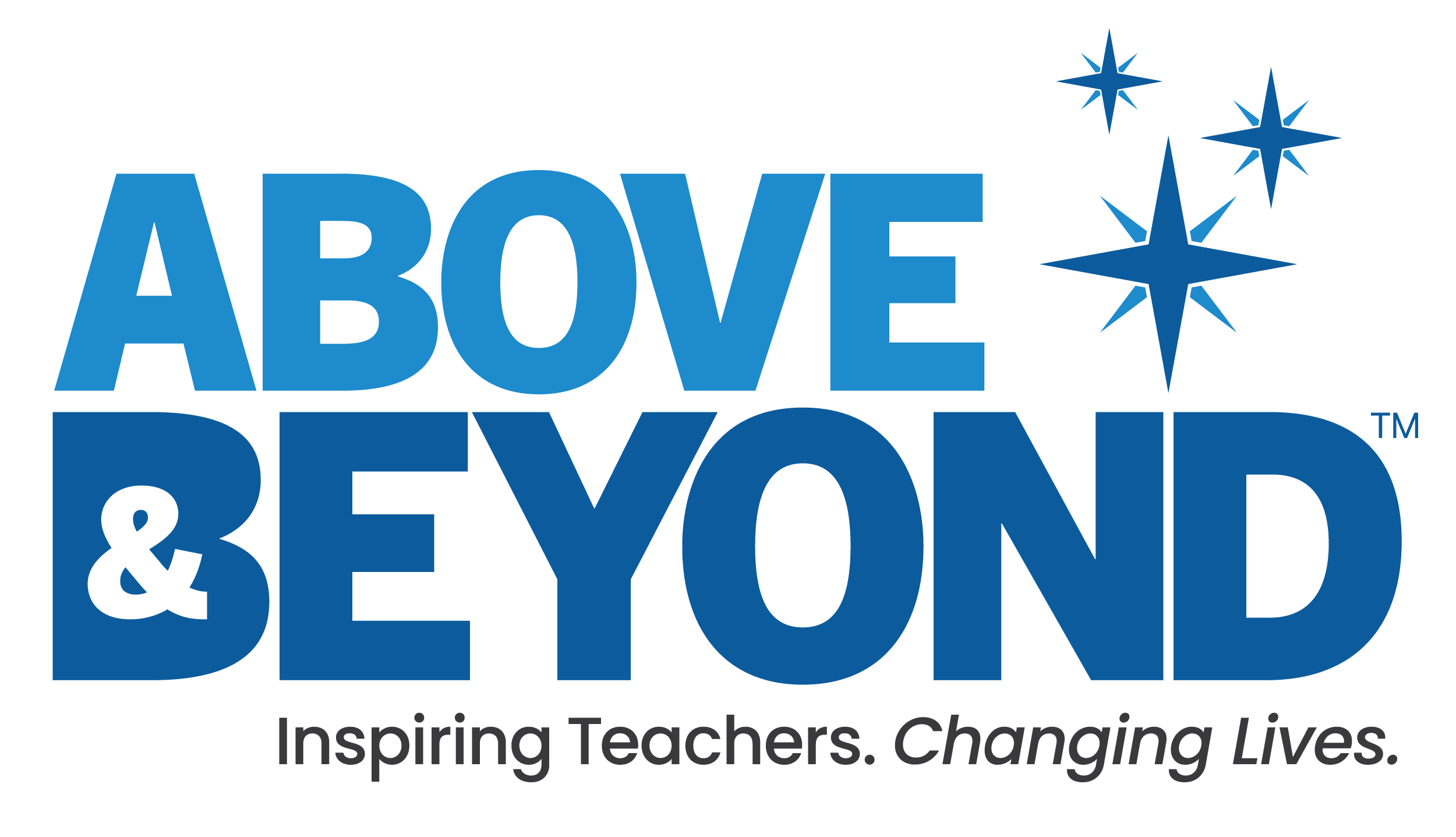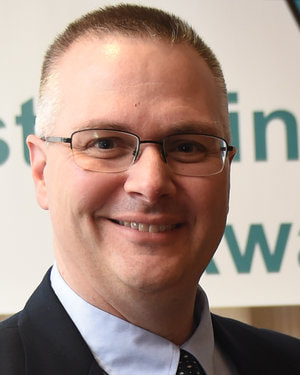Robert began his elementary education in a small town in Iowa where there were no black people. He was a poor kid in a rather wealthy area and, while the color of his skin was not an issue, the fact he was from the “wrong side of the tracks” separated him from his classmates. Late in his elementary years, his mother and father divorced and they moved to Phoenix, where he was the only white kid in his class. However, he was not too young to notice that because he was white, he got more than the black kids. He got more attention. He had much more leeway to turn in work late, or not be on time to class, etc. It was his first introduction to social justice, or the lack thereof.
Following graduation from high school, Robert attended University of San Francisco. Even though he planned to major in Math and Physics, Robert chose USF mainly because the school had a social justice leaning. While at USF, he developed a deepened awareness of the social injustices associated with diversity and made this a primary part of his personal philosophy. After graduating college, Robert had yet to decide what he wanted to do other than go to grad school. He needed to make money to pay for grad school, so he took a job selling cars. Robert soon realized selling cars was not what he wanted to do with his life, so he applied for a substitute teaching job in Sacramento as a way to make money while in grad school. Robert was able to get an emergency credential and was hired full time at Luther Burbank High School in Sacramento where he taught all levels of math for five years.
While at Luther Burbank High School, Robert discovered his love for teaching the lower lever students.. Robert completed graduate school at Sacramento State, got his single subject math credential in 2002 and took a teaching position at Florin High school in Elk Grove, California. Since moving to Florin High School, Robert continues to ask to teach at least one lower level Math class every semester. He believes the lower level students are the ones who need and deserve teachers who are dedicated to bringing them up to where they should be and who do not see teaching them a punishment. Robert said, “I probably get more satisfaction from seeing the growth in the students who have not had much academic success than I do with my honors or AP students.”
As many exceptional teachers, Robert carries a strong sense of responsibility to offer students the best effort and experience he can give them every single day in the classroom. Consequently, he is constantly evaluating and reassessing his teaching practice He views teaching in the same way an athlete, an artist or a singer sees their professions. In order for them to reach their highest level of success, they must continually develop and refine exceptional skills to perfect their performance. As a consequence, he strongly feels that every year he is becoming a better teacher.
Because of his extensive personal reflection, Robert recently began moving more toward the inquiry method of teaching, which engages the students more in the learning process and which removes a great deal of lecturing on his part. Instead of lecturing, he asks more and more leading questions, guiding students to the discovery of new information. This recent transition has resulted in having much greater success and satisfaction in the classroom and a higher interest in learning and a better understanding of the material by his students.
Robert has also shifted to mastery teaching and learning. He determines the concepts he MUST teach and will not move forward until he is satisfied students understand, internalize and can apply the concepts. He allows students to retake exams until they master the material and has created 7-8 tests for every major concept or unit, so students never take the same exam.
Robert is constantly moving forward and experimenting with his teaching. His goal is to be better at what he does so he can to inspire and motivate his students to love learning as much as he does.
-Published 2018


